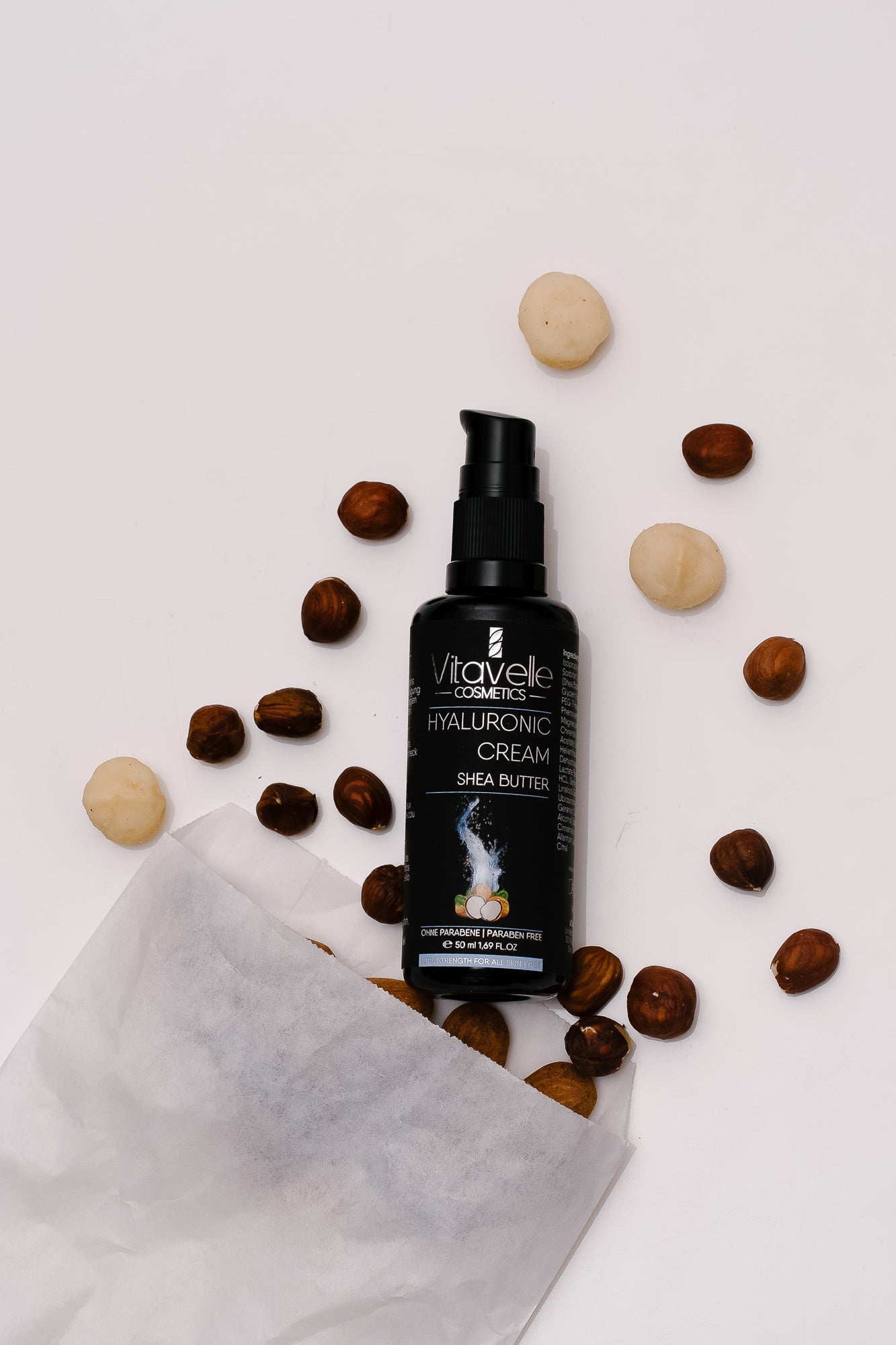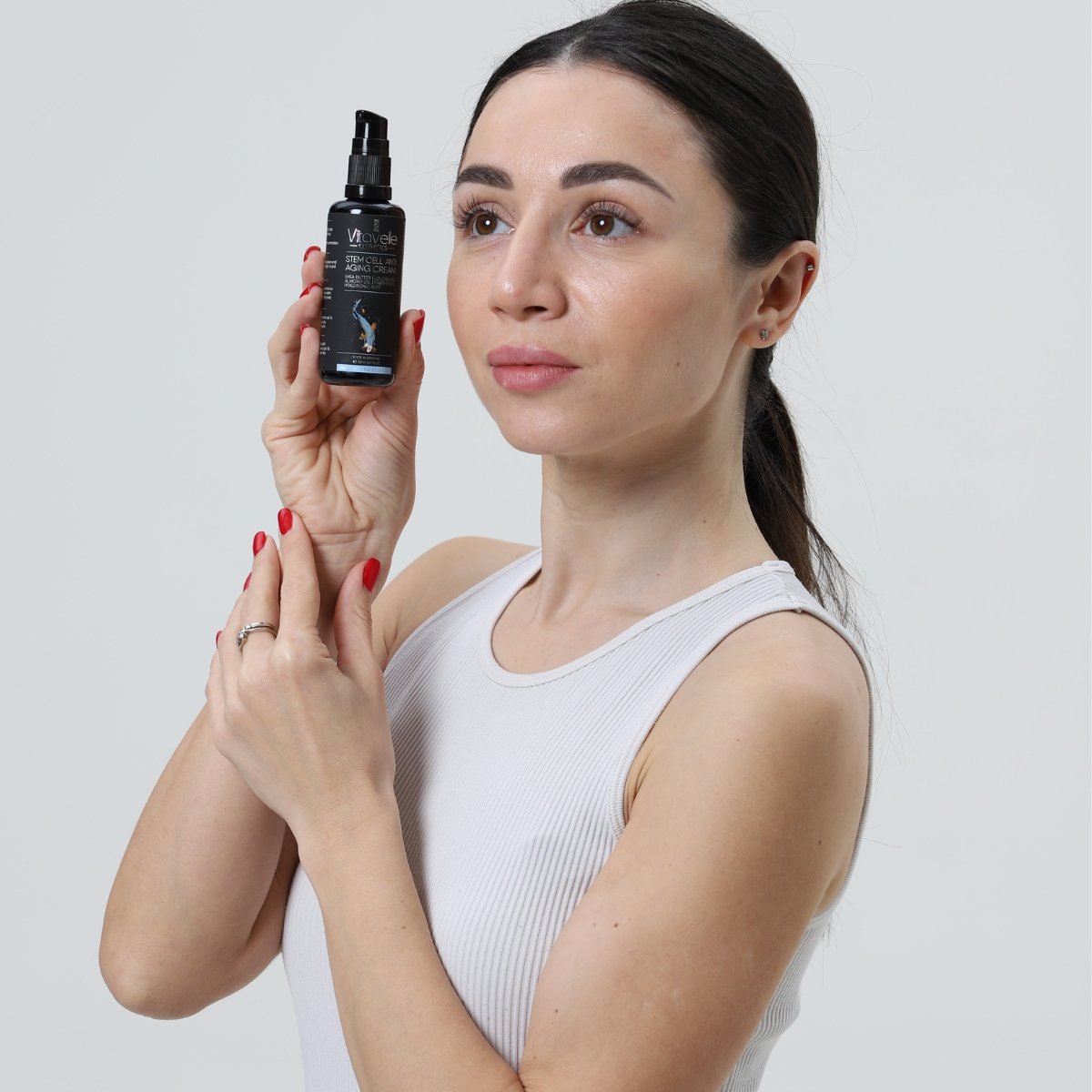Our skin is the largest organ of our body, and it is also the first line of defense against external factors such as pollution, UV radiation, and bacteria. Therefore, taking care of our skin is essential to maintain its health and beauty. One of the most important steps in taking care of your skin is understanding your skin type.

Your skin type refers to the unique characteristics of your skin, such as how much oil it produces, how well it retains moisture, and how sensitive it is to certain ingredients or environmental factors. Knowing your skin type can help you choose the right skincare products and treatments that work best for you, while also avoiding any potential irritants or ingredients that may harm your skin.
There are five main skin types: normal, dry, oily, combination, and sensitive. Each skin type has its own unique set of characteristics and requires different types of care. In the following sections, we will take a closer look at each skin type and provide tips on how to identify your skin type.
Understanding your skin type is the first step in creating an effective skincare routine. Here are the five main skin types and their characteristics:
- Normal skin Normal skin is well-balanced and typically has a smooth texture and even tone. It produces just the right amount of oil and rarely experiences breakouts or sensitivity.
- Dry skin Dry skin lacks moisture and often feels tight or itchy. It may appear dull or flaky, and is prone to fine lines and wrinkles.
- Oily skin Oily skin produces an excess amount of oil, resulting in a shiny appearance and larger pores. It is prone to acne and blemishes.
- Combination skin Combination skin is a mix of oily and dry skin. The T-zone (forehead, nose, and chin) tends to be oily, while the cheeks may be dry or normal.
- Sensitive skin Sensitive skin is easily irritated by skincare products, environmental factors, and even stress. It may appear red or blotchy and is prone to itching or burning.
To identify your skin type, pay attention to how your skin feels and looks throughout the day. Take note of any areas that feel oily or dry, and whether you experience any irritation or breakouts. Knowing your skin type can help you choose the right skincare products and treatments for your unique needs.
Once you have identified your skin type, it's important to create a skincare routine that works best for you. Here are some tips for caring for your skin type:
- Normal skin: A simple routine of cleansing, moisturizing, and using sunscreen is typically enough for normal skin.
- Dry skin: Use gentle, hydrating cleansers and moisturizers that contain ingredients such as hyaluronic acid, glycerin, or ceramides. Apply moisturizer twice daily to keep skin hydrated.
- Oily skin: Look for oil-free, non-comedogenic products and use a gentle cleanser twice a day. Use a lightweight moisturizer to prevent dehydration.
- Combination skin: Use a mild cleanser twice daily, and adjust your routine based on the dryness or oiliness of different areas of your face.
- Sensitive skin: Use gentle, fragrance-free products and avoid harsh scrubs or exfoliants. Patch-test new products before applying to your entire face.
Specific ingredients to look for and avoid based on your skin type:
- Normal skin: Look for products that contain antioxidants, like vitamin C or E, to protect skin from environmental damage.
- Dry skin: Seek out products that contain emollients, like shea butter or coconut oil, to help lock in moisture.
- Oily skin: Look for products that contain salicylic acid or benzoyl peroxide to help control oil production and prevent breakouts.
- Combination skin: Use products that contain both moisturizing and oil-absorbing ingredients, like niacinamide or zinc oxide.
- Sensitive skin: Avoid harsh ingredients, such as fragrances or alcohol, and look for products that contain soothing ingredients like aloe vera or chamomile.

In conclusion, understanding your skin type is essential for creating a skincare routine that works for you. By identifying your skin type and using products that are specifically tailored to your unique needs, you can achieve healthy, glowing skin.
To recap, we've covered the five main skin types: normal, dry, oily, combination, and sensitive. We've also discussed the characteristics of each skin type, how to identify your own skin type, and tips for caring for it properly.
To achieve healthy, glowing skin, it's important to follow a consistent skincare routine that includes cleansing, moisturizing, and sun protection. Look for products that are formulated for your specific skin type and avoid harsh ingredients that can irritate or damage your skin.



